Pick-a-Part: Selecting Valvetrain Components for a Performance Build
Selecting the right components to make a race-worthy valvetrain is crucial to assembling an engine that will last – and win. The pushrods, rockers and valve springs must be able to handle all of the stresses of the camshaft rotating with high spring pressures and with huge lift. As we all know, weakness in any
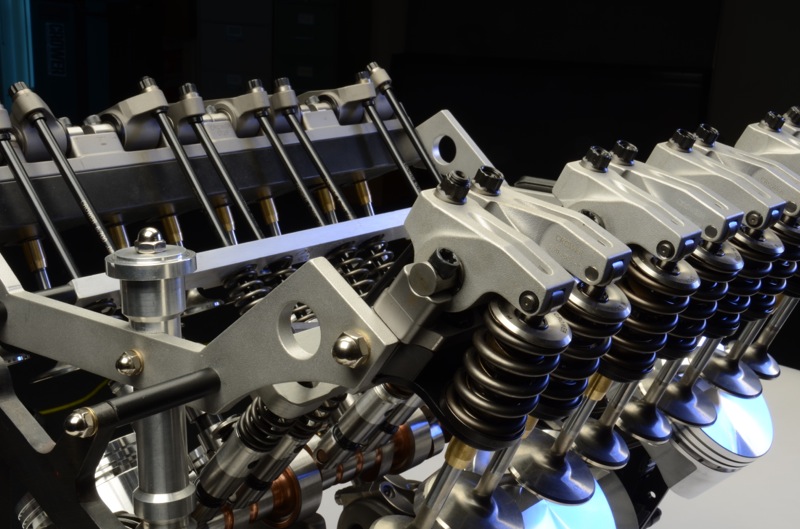
Crankshafts and Bearings for Street Performance and Racing
The crankshaft and bearings are the foundation of any engine. The type of bearing and crankshaft materials that are used, their strength properties, fatigue resistance and ability to handle high torque loads ultimately determine how durable the engine is and whether it goes the distance or self-destructs. Most engine builders have strong opinions and
Hydrocarbon Heartburn? — Effects of Sulfur Reduction in Motor Oils
Let’s face it, things change. Not only have the prices of gasoline, diesel and motor oils changed in the last decade or so, the chemical makeup of these products have all changed, too. The reduction of sulfur in diesel fuel, gasoline and motor oil has had measurable effects on fuel injectors and other vital engine
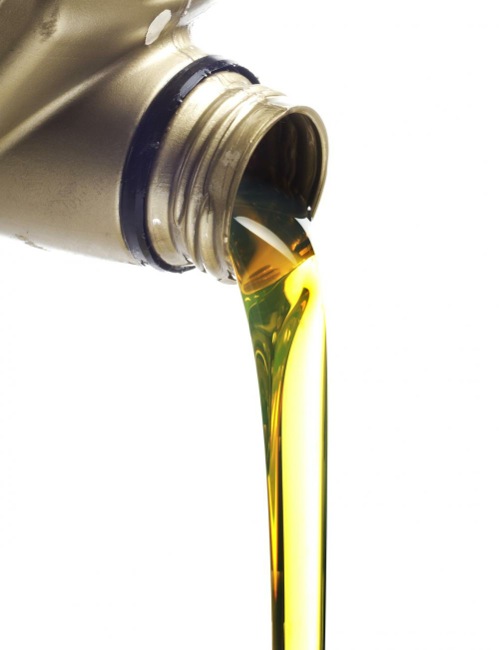
Time in a Bottle — Reasons Behind Changing Engine Oils
When I was just a young pup in the 1960s working on lubes for Shell Research and Development, passenger car motor oils (PCMO) were much simpler and easier to understand. There were only three performance levels: motor light (ML), motor moderate (MM), and motor severe (MS). Auto manufacturers and lube oil marketers worked closely with
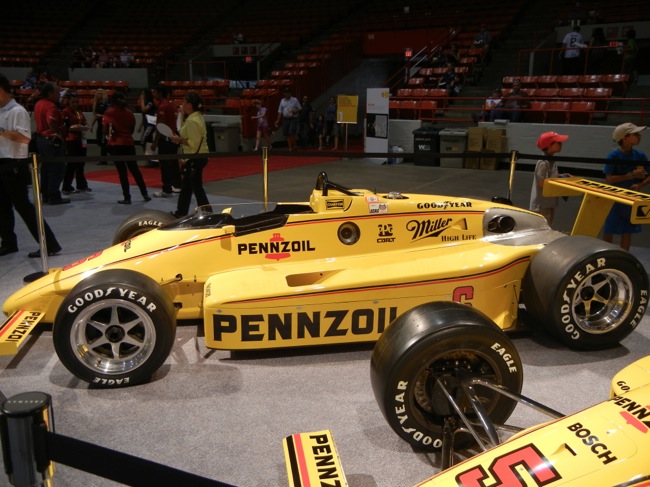
Choosing Camshafts – Picking Performance
Choosing the “right” camshaft is not only the cornerstone of building a performance engine, but also its centerpiece. Choosing a cam can give anyone a headache – especially if they choose the wrong cam for a given application. There’s a lot of science involved in cam selection, so keep reading and we’ll help you
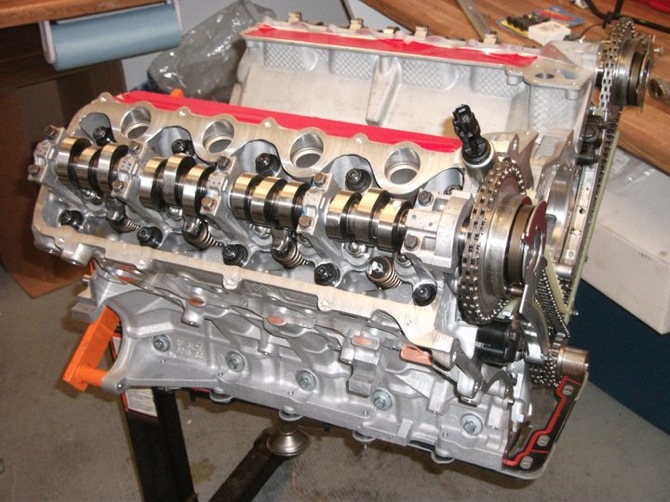
SEMA’s Gen-III Innovator Award Presented to MSD Performance’s Todd Petersen
Todd Petersen, the Chief Innovation Officer of MSD Performance, was awarded the SEMA Gen-III Award during the 2013 SEMA Banquet. The SEMA Gen-III Award credits a young individual that generates a game-changing product or service to our industry. Petersen has been instrumental in leading the MSD Performance team to develop their line of Atomic EFI
Impact of Today’s Fuels on Carbureted Engines
The pump gasoline sold at gas stations around the country has changed quite a bit over the last several decades. The first major change was the removal of lead from the gasoline. The next major change was to reformulate the gasoline to reduce both the evaporative and exhaust emissions from vehicles. Then, the federal government
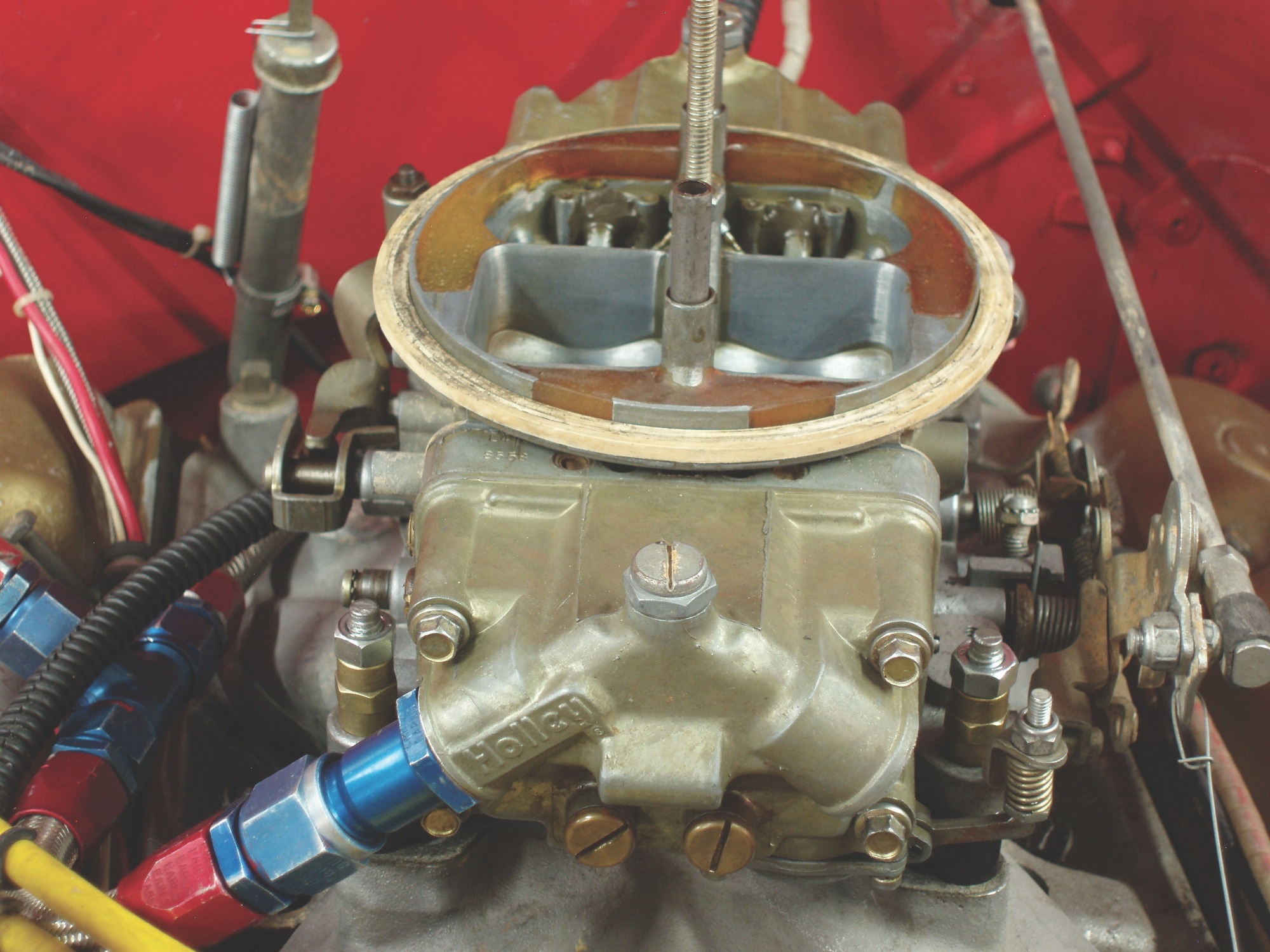
Quieting Down Chrysler’s Versatile 3.3L And 3.8L Engines
These engines have a mixed reputation for being high-mileage, dependable powerplants as well as noisy motors that can fail at relatively low mileage. First introduced as a family back in 1990, these engines have been upgraded and improved to provide good torque for the necessary applications, reasonable fuel economy and a reputation for durability and
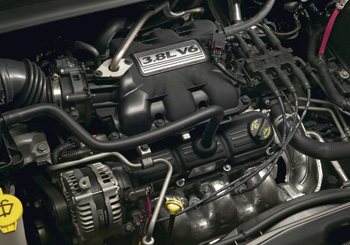
Engine Oil Choices Are Changing
The universal engine oil is expected to die in 2016. Diesel, gasoline and natural gas engine oils are going to be changing by 2016. With the current regulatory emphasis on improving fuel economy, which also reduces greenhouse gas (GHG) emissions, engine oil scientists will soon be reformulating all three oils to improve fuel economy. When the
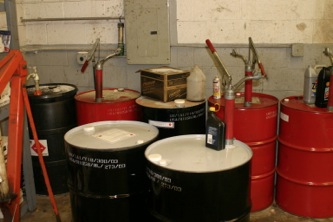
Extended Oil Change Intervals Taking Their Toll on Today’s Engines
Neglected oil change intervals can ruin the best engine oils. As engine oil accumulates miles, it becomes contaminated with carbon, water and various acids, all of which are a by-product of internal combustion and which will form a film of black, gooey sludge on the interior parts of the engine. Auto manufacturers, in general, are
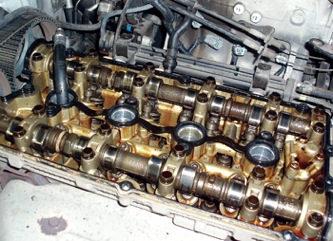
Performance Rocker Arms
Pushrod engines new and old are still a hot topic. Overhead cams have been used in many European and Asian engines for years, so when Ford opted to go the overhead cam route with their 4.6L V8 engine, some predicted pushrod engines were on their way out. But, GM stuck with the pushrod design for
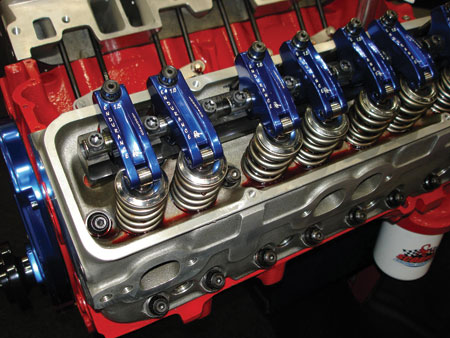
Oil Consumption Problems for Late Model Performance Vehicles
When base oils featuring both low viscosity and high volatility are used to make low viscosity motor oils, the higher volatility results in higher oil consumption. A recent Consumer Reports article highlighted the increasing trend of new vehicles that “use” a fair amount of oil, as much as one quart for every 1,200 miles. This problem is
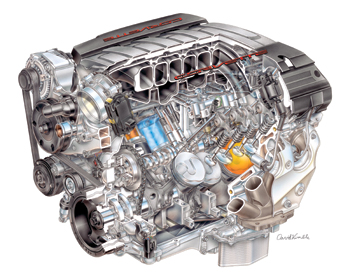
Tech Talk: Why VVT Engines Are Becoming a Reality for Most Vehicles
Variable valve timing can dramatically increase low- and high-speed engine torque, increase fuel economy and reduce exhaust emissions. When the topic of variable valve timing (VVT) comes up, few realize that the concept of increasing low- and high-speed engine torque by automatically advancing and retarding valve timing isn’t a recent development. For example, I recently discovered an
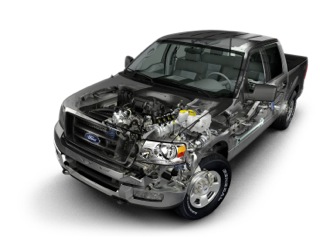
Engine Builder Shop Solutions: August 2013
Authors of Shop Solutions published in each issue of Engine Builder Magazine are awarded a prepaid $100 Visa gift card. Shop Solutions may also be submitted to [email protected]. A Better Way to Clean Oil Galleries I’ve always used the standard long handled nylon bristle brushes dipped in solvent to scrub the oil galleries in blocks,
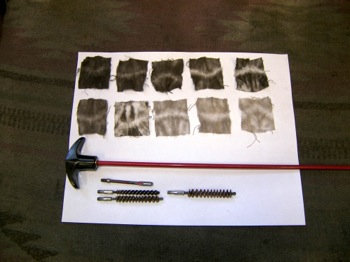
Racing Oils
The latest API-certified SN and ILSAC GF-5 motor oils are fine for everyday driving in late model vehicles, but most off-the-shelf motor oils (even many synthetics) come up short in the anti-wear department in a racing application – especially if the engine is running a flat-tappet cam or a radical roller cam with a lot
Cleaning Engine Blocks & Engine Cylinder Heads
Cleaning engine blocks and cylinder heads is just as important as the machining operations you will perform on the castings. You can’t do a thorough job of inspecting these parts if they are dirty, greasy or covered with paint or corrosion. Checking for cracks in cast iron heads and blocks requires a clean surface for
Racing Oils
Performance engines built for racing deserve the best possible lubrication. Ordinary street oils don’t cut it on a race track. By Larry Carley The latest API-certified SN and ILSAC GF-5 motor oils are fine for everyday driving in late model vehicles, but most off-the-shelf motor oils (even many synthetics) come up short in the anti-wear
Performance Oil Systems
For the engine to survive, the oiling system must be capable of supplying an adequate volume of oil under a wide range of operating conditions. The oiling system must also maintain adequate pressure to keep the oil flowing to all of the places where it is needed. Critical among them are the crankshaft and camshaft
Diesel Engines: Dino Fuel or Bio Fuel?
Though they lately seem to be going the other way, with rising fuel prices, consumers are constantly looking for inventive ways to cut fuel costs and consumption. That’s the American spirit: we love to look for ways to beat the system. There is nothing wrong with this attitude, because this is where inventive minds
Engine Bearings and Crankshafts: Best Friends Forever (BFFs)
Bearings appear to be such simple engine components. On the surface, they’re just half-circles of metal whose only purpose is to reduce friction between and support moving parts. The engine bearing has to establish and maintain a film of oil between moving and stationary parts to prevent wear to expensive engine components. They look like
